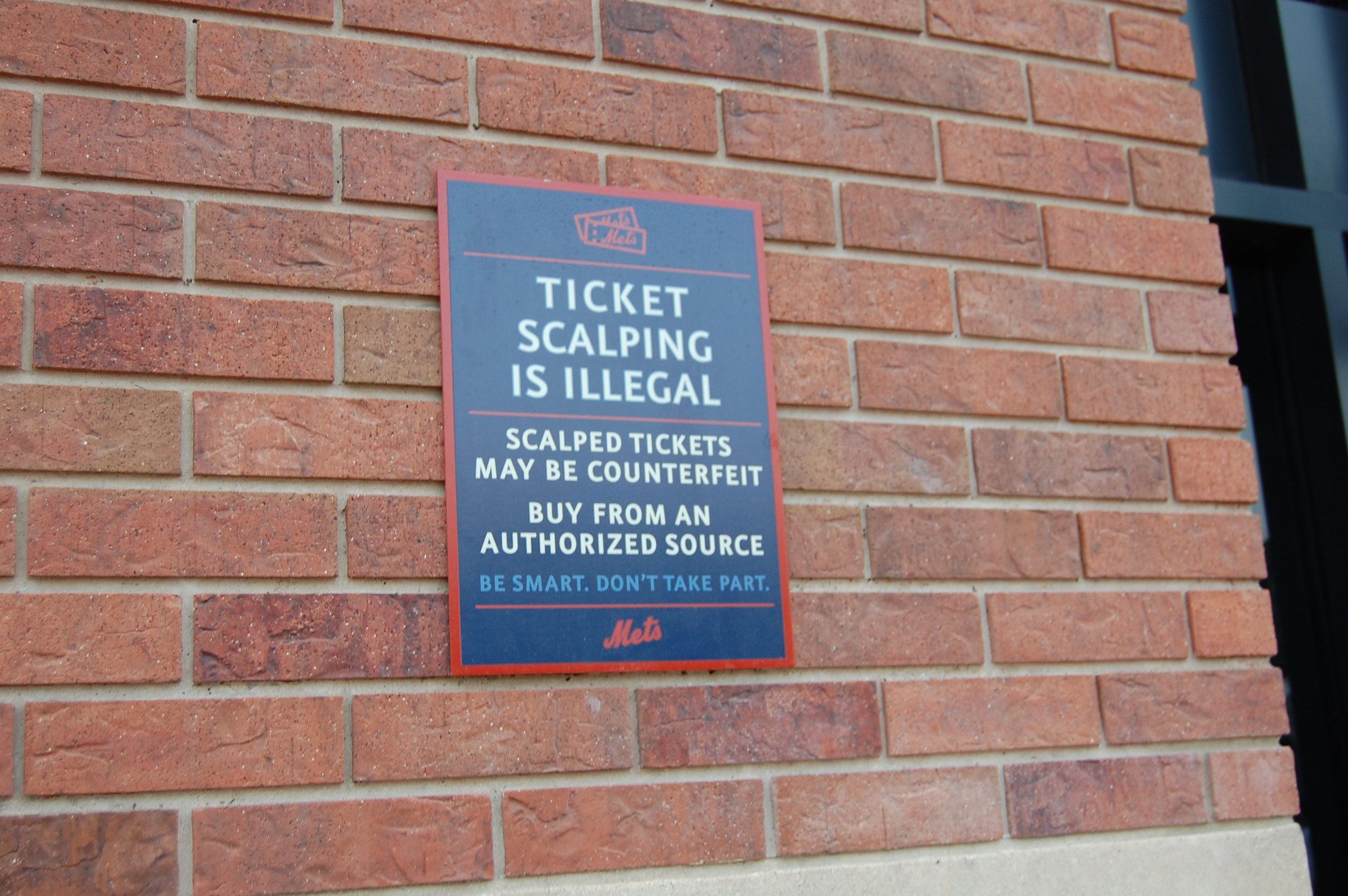Live Nation, Ticketmaster Sued By Justice Department
What led to the legal action against Ticketmaster owner Live Nation by the DOJ?
Eddie
May 24, 2024

Ticketmaster's parent company, Live Nation Entertainment, has come under legal scrutiny from the U.S. Justice Department, prompting a lawsuit with the aim of dismantling what is alleged to be a monopolistic stronghold over the live events market. This legal challenge involves accusations against Live Nation of engaging in anti-competitive practices that have stifled competition and led to hiked ticket prices and diminished service for consumers. The lawsuit, supported by 30 state and district attorneys general, is relevant to the ongoing debates over market control in the live entertainment industry.
DOJ's Lawsuit Against Live Nation

Allegations of Monopolistic Practices by Live Nation and Ticketmaster
The Department of Justice, along with 30 states, has filed a lawsuit against Live Nation, claiming that its subsidiary, Ticketmaster, is engaging in monopolistic practices. Accusations against the company include engaging in long-term exclusive deals, buying out potential competitors, and leveraging its multiple roles in the live music industry to stifle competition. This has led to higher ticket prices and subpar service for consumers. These actions, the DOJ suggests, have solidified Live Nation’s position as a gatekeeper in the industry, where it controls about 80% of major ticketing sales and several key venues nationwide.
Impact of Alleged Monopoly on Consumers and the Live Event Industry
The alleged monopolistic behavior of Live Nation and Ticketmaster has a multi-pronged impact on the entire Live Event ecosystem:
- Consumer Impact - Fans face high ticket prices and numerous fees, constrained primarily by the lack of competitive pricing.
- Industry Impact - Live Nation’s dominance limits the operational freedom of venues and artists, often tying venue usage to their ticketing and promotion services. Competing promoters find it challenging to enter or survive in the market.
- Artists' Limitations - Artists are left with fewer choices for venue selection and promotional services, which may limit their ability to perform independently of Live Nation’s platform.
Historical Antitrust Concerns with Ticketmaster and Live Nation
Historically, Ticketmaster has faced scrutiny for its business practices, even before merging with Live Nation in 2010. The merger itself was controversial, approved under the Obama administration despite fears that it would limit competition within the industry. Over the years, these concerns have persisted, exacerbated by incidents like the ticketing issues encountered by fans of Taylor Swift in 2022, which brought the company's dominant market position back into public debate.
Key Legal Arguments and Defenses

DOJ’s Claims of Anticompetitive Practices and Exclusive Agreements
The core of the DOJ's legal argument is that Live Nation and Ticketmaster have used their dominant positions to engage in exclusionary and retaliatory tactics that breach antitrust laws. These tactics include forcing venues into long-term agreements and obstructing other ticketing firms' access to major venues, making it extremely difficult for any competitor to provide similar scale services.
Live Nation's Defense Against Monopoly Accusations
In response to the lawsuit, Live Nation denies the accusations, attributing the high ticket prices to factors like artist demand, production costs, and third-party resellers. They argue that the market share is diminishing and that their arrangement helps to streamline the live event process, benefiting venues, artists, and fans alike. Live Nation insists that their practices are not only legal but competitive and beneficial to the live entertainment industry generally.
Opinions from Legal Experts on the Strength of the DOJ's Case
Several antitrust law experts believe the DOJ’s case against Live Nation stands on robust grounds—citing the detailed allegations of anticompetitive actions which seem to resonate with longstanding industry grievances. Legal scholars argue that if the DOJ can effectively demonstrate how Live Nation's practices restrict competition, thereby harming consumers, artists, and promoters, there's a strong chance for substantial measures, potentially including the dismantling of some of Live Nation's integrated operations. The outcome might foster a more competitive market landscape, ultimately benefiting the end-users — the fans.
Public and Industry Reaction

Consumer Frustration and Artist Disputes
The public reaction to the dominance of Live Nation and Ticketmaster in the live entertainment sector has been marked by significant frustration among consumers and artists alike. High ticket prices, coupled with service fees, have become a persistent concern. Notably, this discontent was spotlighted during the Taylor Swift ticket sale debacle, where fans experienced overwhelming difficulties purchasing tickets due to system crashes and bot interference. This event frustrated fans and also highlighted the broader implications of a monopolistic hold where consumer choice is stifled. Moreover, major artists have repeatedly clashed with Live Nation, feeling constrained by the limited opportunities to perform and the overarching control over ticket sales and promotions.
Response from Consumer Advocacy Groups and Independent Promoters
Consumer advocacy groups and independent promoters have been vocal in their criticism of Live Nation's practices. Organizations such as the National Consumers League have long advocated for changes, arguing that the dominance of Ticketmaster has led to higher costs and less choice for consumers, damaging the overall ticket-buying experience. Independent promoters, on the other hand, find themselves squeezed out of the market, unable to compete with the sheer size and influence of Live Nation. The monopolistic practices alleged by the DOJ, including exclusive long-term deals and threats to venues, exacerbate these issues, compelling venues and artists to comply with restrictive terms that limit diversity and innovation within the industry.
Legislative Actions and Potential Reforms
In response to the ongoing issues in the ticketing and live event marketplaces, several legislative actions and potential reforms have been proposed. Some of the key legislative initiatives include the Transparency in Charges for Key Events Ticketing (TICKET) Act which mandates the upfront disclosure of all fees, aiming to improve transparency for consumers. Additionally, discussions around banning or regulating the use of bots for purchasing tickets have gained traction, aimed at preventing mass purchases that lead to instant sell-outs and inflated resale prices. At the state level, laws like the Taylor Swift bill in Minnesota have been enacted to offer more protections for online ticket buyers. These legislative efforts are complemented by the push from consumer advocacy groups for a breakup of Live Nation and Ticketmaster, seeking to dismantle the alleged monopolistic structure to foster competition, improve pricing mechanisms, and enhance service quality across the live entertainment industry.




